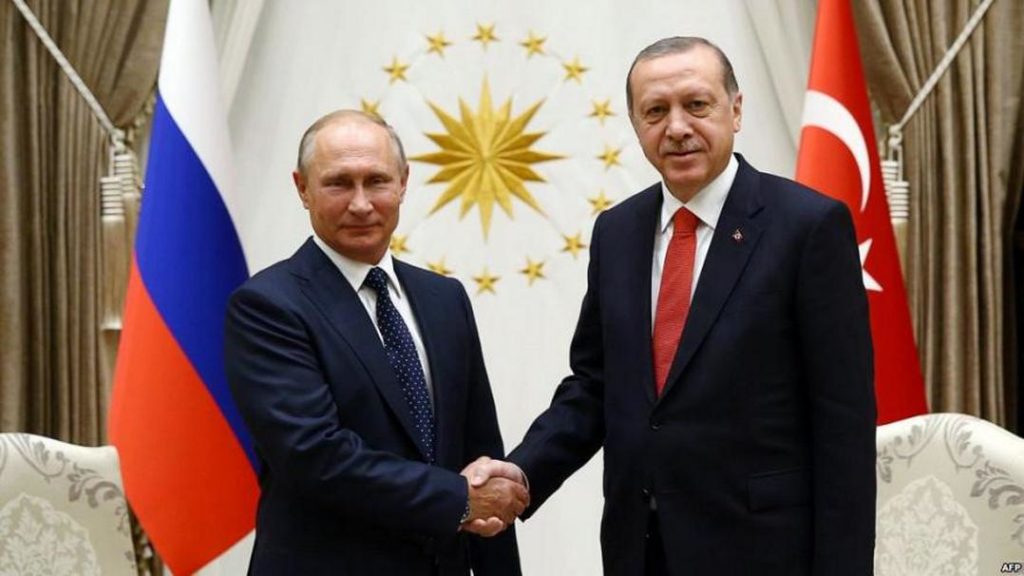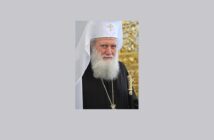Source: Hurriyet Daily News

Erdogan and Putin face to face in key regional talks
It is 2008. Fener Greek Orthodox Patriarch Bartholomew is preparing to go to Kiev. “The Russian intelligence knew that the visit’s aim was to give autocephaly status to the Ukrainian church,” a source familiar with the process had said.
Autocephaly is the status of a hierarchical Christian church whose head bishop does not report to any higher-ranking bishop.
Accordingly, this status to the Ukrainian church meant striking a serious blow to the Russian Church, therefore to Russia. Vladimir Putin calls Greek Prime Minister Costas Karamanlis to prevent this visit from taking place. Greece’s ambassador in Ankara is dispatched to Istanbul to ask the Fener Patriarch not to go.
Putin also reaches out to Recep Tayyip Erdoğan, who is at the time a prime minister. Erdoğan says he cannot interfere, according to the same source, who contrasts the stance of Greece and Turkey. The visit did take place.
Fast forward to today.
The Ukrainian Orthodox Church officially gained independence on Saturday, Jan. 5, with the signing of a decree that marked its separation from the Russian Church that it has been tied to for centuries.
As a small group of journalists attending the dinner held Saturday night by the Ukrainian president in honor of the Fener Greek Patriarch, and listening to the former to refer to Erdoğan as Ukraine’s strategic partner and true friend, it is impossible not to think about Putin.
A decade after 2008, relations between the two leaders stand at a very close working relationship. Russia remains one of Turkey’s top trade partners and energy providers. In addition, it is a key decision maker in Syria where it is highly difficult for Turkey to take action without Moscow’s consent.
It is impossible to think of Putin sitting indifferent to what happens in the “holy world” and not reach out to Erdoğan. In view of the very close dialogue between the two, it would not be unrealistic to assume that Putin called Erdoğan but got the same answer as in 2008.
The Ukrainian church had asked for the autocephaly status ever since 1990, when the country declared its independence. It came very close to acquiring it during Bartholomew’s visit to Kiev in 2008. But when the Ukrainian church came with some additional requests at the last minute, it failed to acquire the status.
Then why now? First of all, there is the right geopolitical situation as Ukraine has taken a Western vocation and opted to distance itself from Russia, according to sources familiar with the issue. But what is seen to be “a tactical mistake” by the Russian church has also factored in.
“Russians see themselves as very strong and want to assume the ecumenical role in the Orthodox world. Had they come to the meeting, they would have come as fifth in the hierarchy and also accept the ecumenical status of the Fener Patriarch. The Russian Church did not want to be seen as accepting this hierarchy,” said a source who asked not to be identified.
While Turkey is said to not have interfered in the process, it is inconceivable to think the Patriarchate to make the decision had Ankara objected to it.



